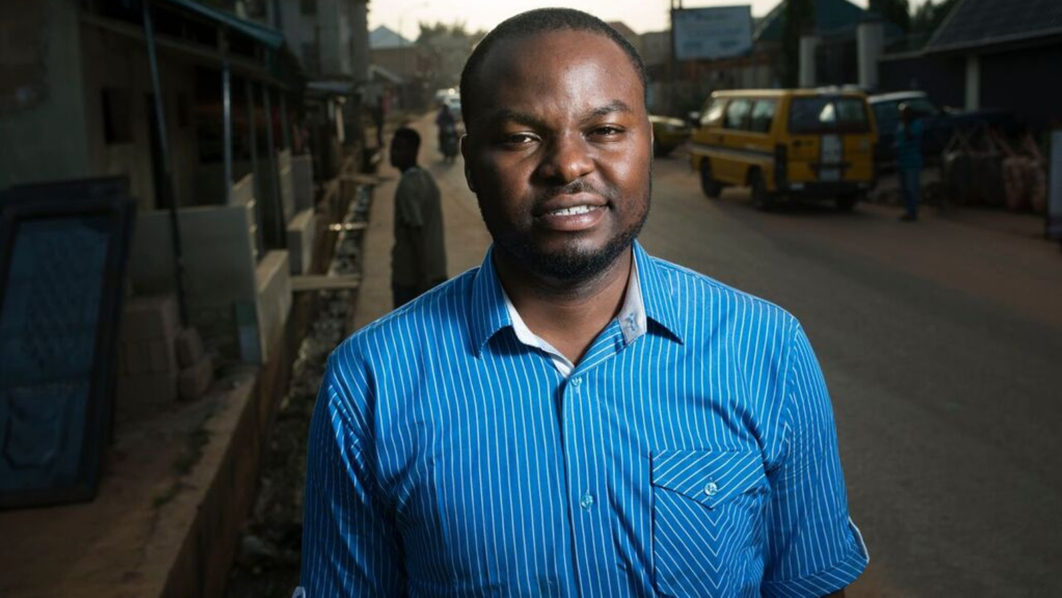
A Nigerian, Ifediora Emmanuel Ugochukwu, has been named as one of the four finalists for the Africa prize for engineering innovation.
The electronics engineer developed an Intelligent Meter (iMeter) and an advanced metering infrastructure (AMI) software that prevents individuals from tampering with electricity meters and ensures that consumers are billed only for the energy they use.
[ad]
Along with other three finalists, Brian Gitta, Michael Asante-Afrifa and Collins Tatenda Saguru, were selected by a London-based Royal Academy of Engineering for their innovations.
Gitta (Uganda) developed a device that conducts fast malaria tests, Asante-Afrifa (Ghana) innovated a textbook-sized mini science lab and Saguru (Zimbabwe) invented a process that affordably recovers precious metals from autocatalytic converters.
The four will pitch their innovations to a panel of judges on 13 June in Nairobi where the winner will receive £25 000, with £10 000 awarded to each of the runners-up.
The prize, which was first launched in 2014, aims to develop the entrepreneurial skills of engineers on the continent.
Rebecca Enonchong, one of the four judges of the prize, said the finalists “have found novel ways to address critical challenges in their home countries. In fact, problems that are faced all over the world”.
“We’re proud to be part of the development of world-class African technologies, and to support emerging African entrepreneurs,” she added.
This year’s finalists were shortlisted from a pool of 16 candidates from seven countries across sub-Saharan Africa and also marks the first time that engineers from Zimbabwe and Ghana have made it to the finals.
[ad unit=2]



